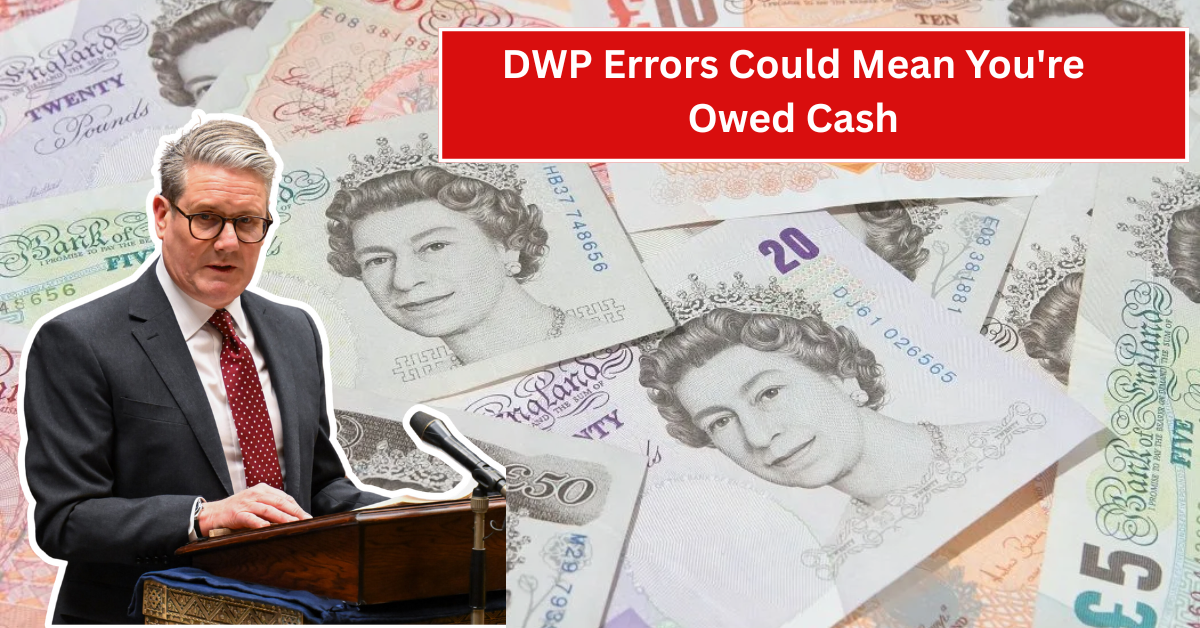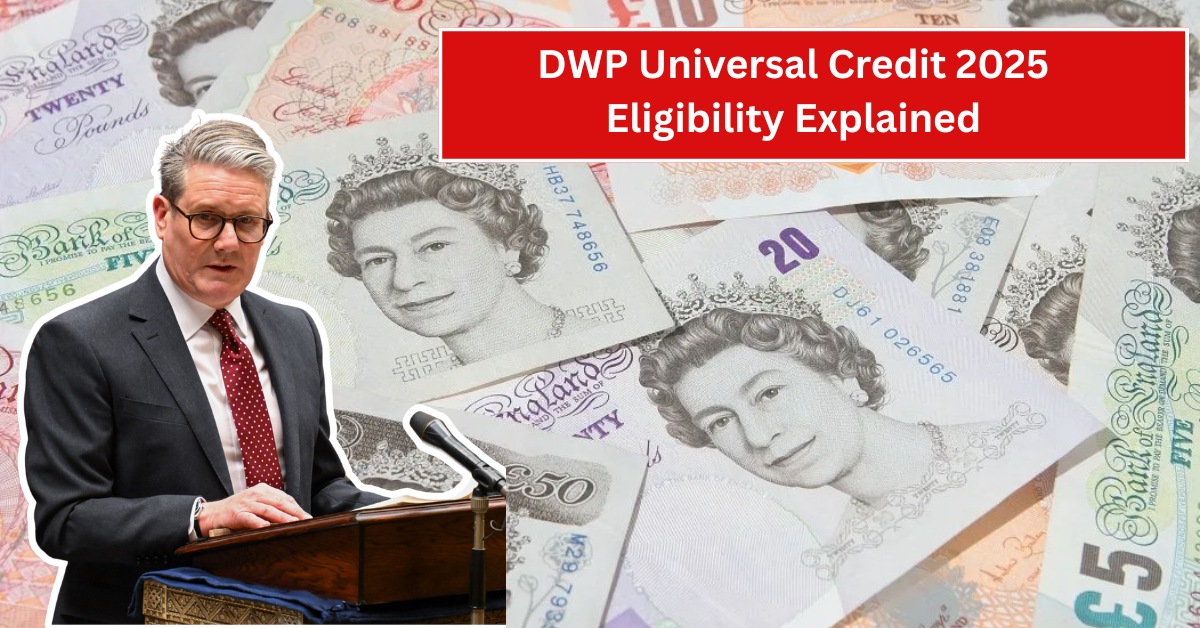
The Department for Work and Pensions (DWP) has started offering compensation of up to £5,000 to some Universal Credit (UC) claimants in the UK. This unexpected move comes as a response to certain cases where people suffered delays or faced difficulties while moving from older benefits like Employment and Support Allowance (ESA) to Universal Credit. The compensation is meant to cover the financial hardship caused during the process.
Let’s break it down in simple words so you understand who can apply, why the money is being given, and how to claim it step-by-step.
Why Is DWP Giving £5,000 Compensation?
This Article Includes
This compensation is not for everyone on Universal Credit. It’s only for a specific group of people who were wrongly treated or financially affected during the shift from their older benefits (like ESA, JSA, or Income Support) to Universal Credit.
Many people on ESA were seriously ill or disabled and didn’t know they had to move to UC themselves. The government didn’t inform them properly or failed to transfer them automatically. Because of this, thousands of people lost out on money they were entitled to, including disability premiums and other support payments.
After legal challenges and a lot of criticism, DWP agreed to compensate those who were impacted the most, especially between 2011 and 2019.
Who Is Eligible for the £5,000 Payment?
You might be eligible for this payment if:
- You were receiving Income-Related ESA between 2011 and 2019
- You were severely disabled and entitled to severe disability premium (SDP) or enhanced disability premium (EDP)
- You were not informed properly about moving to Universal Credit
- You experienced a loss of income or went through financial hardship due to the transition
In short, this is for people who lost their extra benefits during the move to UC, especially those with health problems or disabilities.
What Type of Compensation Is Being Offered?
The DWP offers compensation based on individual situations. Some people may receive:
- Backdated payments of the money they lost
- Compensation for stress and inconvenience, which is usually a fixed amount
- Special payments that go beyond just the amount of money lost, especially in long-term hardship cases
In many reported cases, the compensation can go up to £5,000 or even more, depending on the duration and seriousness of the financial loss.
How to Apply for the DWP £5,000 Compensation
If you think you’re eligible, here’s how you can start the process:
Step 1: Contact the DWP
You should call or write to the DWP explaining that you believe you were underpaid or missed out on benefits during your move from ESA to Universal Credit.
Step 2: Ask for a Mandatory Reconsideration
If DWP denies your compensation claim or says you’re not eligible, you can formally request a reconsideration. This is called a mandatory reconsideration.
Step 3: File a Complaint
If the issue is still not resolved or you faced major distress, file an official complaint with DWP. Mention clearly how the delay or confusion affected your mental health, finances, or daily life.
Step 4: Involve the Independent Case Examiner (ICE)
If you’re not satisfied with the DWP’s final response, you can take the case to the Independent Case Examiner (ICE). ICE investigates complaints about the DWP independently.
Important Points to Keep in Mind
- This compensation doesn’t affect your current benefits.
- It is not automatic – you need to contact DWP to check your eligibility.
- Make sure you have your records ready, including old benefit letters, payment proofs, and medical evidence if needed.
- If you received less money between 2011 and 2019 and faced serious difficulties, you could be entitled.
Real Stories from Claimants
Many people have already received backpayments and compensation. For example, one claimant with a long-term health issue got a lump sum of £4,300 after DWP admitted their error. Another disabled claimant was awarded £5,000 after the loss of severe disability premiums for over two years.
These cases show that the DWP is taking the issue seriously, but only when the affected person comes forward and raises the matter properly.
Need Help with Your Claim?
If you are unsure where to begin, you can also reach out to:
- Citizens Advice
- Disability Rights UK
- Welfare Rights Organisations
They can help you understand if you’re eligible and assist with your application or appeal.
Final Thoughts
If you or someone you know was on ESA and moved to Universal Credit between 2011 and 2019, it’s worth checking if you were underpaid or lost out on extra support. The DWP is offering compensation that could be life-changing for many—but only if you know your rights and take action.





































